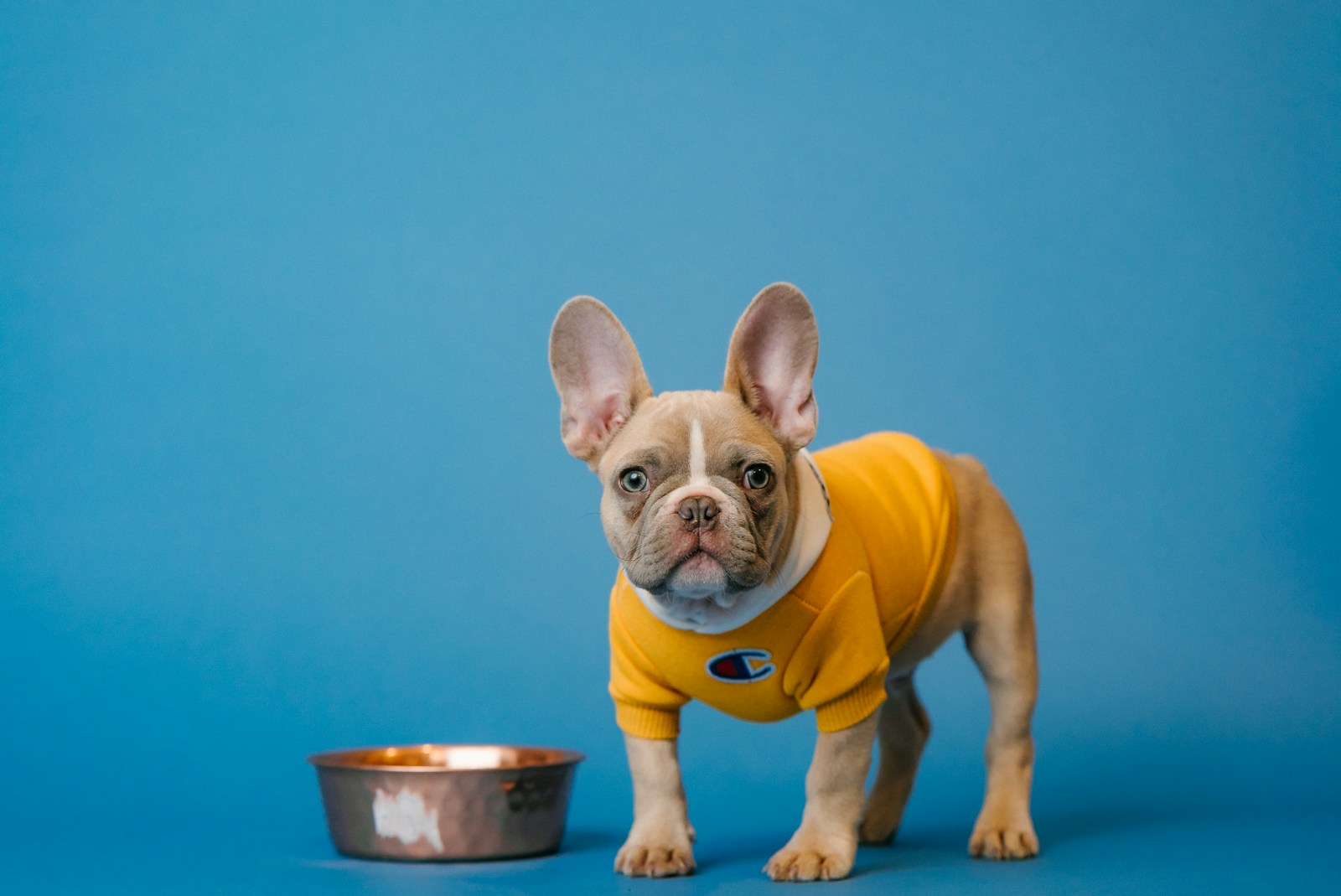The bond between a pet and their owner is undeniable, but what happens when that bond is tested by tragedy? The question of whether a dog might eat its deceased owner is a disturbing one, yet it’s a topic that deserves honest exploration.
Understanding pet reactions to an owner’s passing can be complex, involving a mix of instinct, loyalty, and circumstance. This article aims to shed light on the factors that influence a dog’s behavior in such extreme situations, including the unsettling question: will dog eat dead owner.
By examining the intricacies of canine behavior and the circumstances surrounding an owner’s death, we can gain a deeper understanding of this sensitive topic. Our discussion will provide insights into the instincts that drive pets and the ways in which their reactions can vary.
The Reality: Will Dogs Eat Their Dead Owners?
Understanding canine behavior towards deceased owners requires a nuanced look at documented cases and scientific evidence. While the idea may seem distressing, it’s essential to explore this topic to grasp the complexities of dog behavior in extreme circumstances.
The phenomenon of dogs eating their dead owners is not merely anecdotal; there are documented cases that provide insight into this behavior. Research into dog behavior in absence of owner has shed light on the factors that influence such actions.
Documented Cases and Scientific Evidence
Studies and case reports have documented instances where dogs have consumed their deceased owners. These cases often involve specific circumstances that lead to this behavior, such as the dog’s environment, availability of food, and the duration since the owner’s passing.
| Factors Influencing Behavior | Description | Impact on Dog Behavior |
|---|---|---|
| Availability of Alternative Food | Presence or absence of other food sources | If no other food is available, dogs may resort to eating their deceased owner. |
| Environmental Conditions | Surroundings and isolation | Isolated environments can exacerbate survival instincts. |
| Time Elapsed Since Owner’s Passing | Duration since death occurred | The longer the duration, the higher the likelihood of extreme behavior due to hunger or desperation. |
Timeframes and Circumstances That Influence This Behavior
The timeframe and circumstances surrounding the owner’s death significantly influence a dog’s behavior. For instance, if a dog is left alone with its deceased owner for an extended period without access to other food sources, the likelihood of this behavior increases.
By examining these factors, we can better understand the complexities of dog behavior in absence of owner and the extreme circumstances that may lead to such outcomes.
Understanding Canine Survival Instincts
When faced with the death of their owner, a dog’s actions are guided by a deep-seated survival instinct. This primal drive is crucial in understanding how dogs react in extreme situations, such as when they are left alone with their deceased owner.
The Biological Drive Behind Scavenging Behavior
Dogs are opportunistic scavengers by nature, meaning they will eat whatever is available to them if they are hungry enough. This behavior is rooted in their evolutionary history, where survival often depended on consuming whatever they could find. The biological drive behind scavenging is a key factor in understanding why some dogs might eat their dead owner’s body.

Hunger vs. Loyalty: What Actually Drives a Dog’s Decisions
The conflict between hunger and loyalty is a complex one in dogs. While dogs are known for their loyalty to their owners, their instinct to survive can sometimes override this loyalty. In situations where a dog is left alone with its deceased owner, the decision to eat or not is largely driven by the dog’s level of hunger and the availability of other food sources.
In some cases, dogs may initially show signs of distress or confusion upon discovering their owner’s body, but as time passes and hunger sets in, their behavior can change. It’s not that the dog’s loyalty diminishes, but rather their survival instincts take precedence.

How Different Dog Breeds May React Differently
Different dog breeds can react differently to the death of their owner due to variations in their breeding history, temperament, and individual characteristics. For example, some breeds that are more prone to scavenging or have a stronger prey drive might be more likely to engage in scavenging behavior if they encounter their owner’s body.
- Breeds with a high prey drive may be more inclined to scavenge.
- Smaller breeds might be less likely to engage in scavenging due to their size and feeding habits.
- Individual dog personalities play a significant role in how they react to their owner’s death.
Conclusion: What This Means for Pet Owners
Understanding whether a dog will eat its dead owner requires a nuanced look at canine instincts and behaviors. The discussion highlights that dogs, driven by survival instincts, may exhibit scavenging behavior under certain circumstances.
While documented cases show that dogs may eat their deceased owners, it’s essential to consider the timeframes and circumstances that influence this behavior. Factors such as hunger, environment, and breed can play a significant role in determining a dog’s actions.
Pet owners can take away valuable insights from this discussion, fostering a deeper understanding of their pets’ needs and behaviors. By recognizing the biological drives behind a dog’s actions, owners can better prepare for and respond to various situations, strengthening their bond with their pets.
The question of whether a dog will eat its dead owner is complex, and understanding the underlying factors can help pet owners make informed decisions about their pets’ care and well-being.
FAQ
Will a dog eat its dead owner?
In extreme circumstances, yes, a dog may eat its deceased owner. This behavior is driven by the dog’s survival instincts and is influenced by factors such as the availability of food, the dog’s level of hunger, and the circumstances surrounding the owner’s death.
What drives a dog to eat its deceased owner?
A dog’s decision to eat its deceased owner is primarily driven by its biological drive to survive. When a dog is faced with the absence of its usual food sources, it may resort to scavenging, including eating the remains of its owner.
Are there any documented cases of dogs eating their deceased owners?
Yes, there have been documented cases where dogs have eaten their deceased owners. These cases are often cited in forensic literature and highlight the complexity of canine behavior in extreme situations.
How do different dog breeds react to the death of their owner?
Different dog breeds may react differently to the death of their owner, influenced by their breed characteristics, temperament, and individual experiences. While some breeds may be more prone to scavenging behavior, others may be less likely to exhibit this behavior.
Can a dog’s loyalty prevent it from eating its deceased owner?
A dog’s loyalty to its owner is a complex trait that can be influenced by various factors, including the dog’s breed, training, and individual bond with the owner. While loyalty can play a role in a dog’s behavior, it is not a guarantee that the dog will not eat its deceased owner in extreme circumstances.
What can pet owners do to understand their dog’s behavior better?
Pet owners can gain a deeper understanding of their dog’s behavior by learning about canine instincts, body language, and behavioral patterns. This knowledge can help owners better appreciate their dog’s needs and reactions in various situations, including extreme circumstances.





